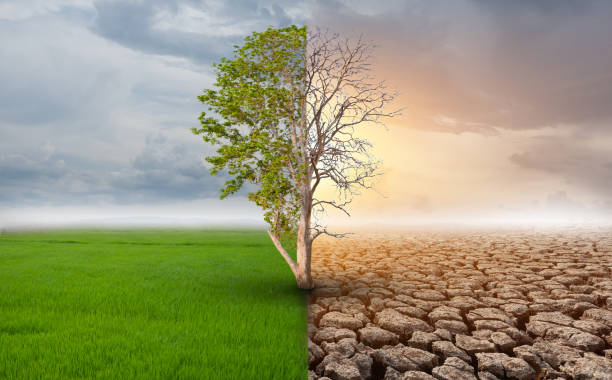Table of Contents
Climate change, a pressing global crisis, is a result of human activities that have increased greenhouse gas emissions into the atmosphere. This phenomenon is leading to rising temperatures, extreme weather events, and significant disruptions to ecosystems and human societies. Addressing climate change requires urgent and coordinated action from governments, businesses, and individuals worldwide.

The Urgency of Climate Change
The Intergovernmental Panel on Climate Change (IPCC) has unequivocally stated that climate change is real, human-caused, and accelerating. The Earth’s average temperature has risen by about 1.1°C since the late 19th century, and the rate of warming is accelerating. This increase has already led to more frequent and intense heatwaves, droughts, floods, and storms.
Impacts of Climate Change
The impacts of climate change are far-reaching and disproportionately affect vulnerable communities. Rising sea levels threaten coastal cities and small island nations, while extreme weather events can cause widespread destruction and displacement. Agriculture and food security are also at risk, as changing weather patterns disrupt crop yields and increase the incidence of pests and diseases.
The Role of Global Cooperation
Addressing climate change requires a global effort. International cooperation is essential to develop effective solutions and mitigate the impacts of climate change. The Paris Agreement, adopted by nearly 200 countries in 2015, is a landmark agreement that sets a global framework to combat climate change. Under the Paris Agreement, countries have committed to reducing their greenhouse gas emissions and strengthening climate resilience.

Key Strategies for Mitigating Climate Change
Several key strategies can help mitigate climate change and transition to a low-carbon economy:
- Renewable Energy: Investing in renewable energy sources such as solar, wind, hydro, and geothermal power can reduce greenhouse gas emissions and diversify energy sources.
- Energy Efficiency: Improving energy efficiency in buildings, transportation, and industry can reduce energy consumption and emissions.
- Forest Conservation and Restoration: Protecting and restoring forests can help absorb carbon dioxide from the atmosphere.
- Sustainable Agriculture and Land Use Practices: Adopting sustainable agriculture practices and reducing deforestation can help mitigate climate change and protect biodiversity.
- Carbon Pricing: Implementing carbon pricing mechanisms, such as carbon taxes or emissions trading schemes, can create a financial incentive for reducing greenhouse gas emissions.

Challenges and Opportunities
Despite the urgency of addressing climate change, several challenges remain. These include political divisions, economic interests, and technological limitations. However, there are also significant opportunities for innovation and economic growth. The transition to a low-carbon economy can create new jobs, stimulate economic development, and improve public health.
Conclusion
Climate change is a pressing global crisis that requires urgent and coordinated action. By working together, governments, businesses, and individuals can mitigate the impacts of climate change and build a more sustainable future. The transition to a low-carbon economy presents both challenges and opportunities, and it is imperative that we seize the opportunities to create a more resilient and equitable world for generations to come.

